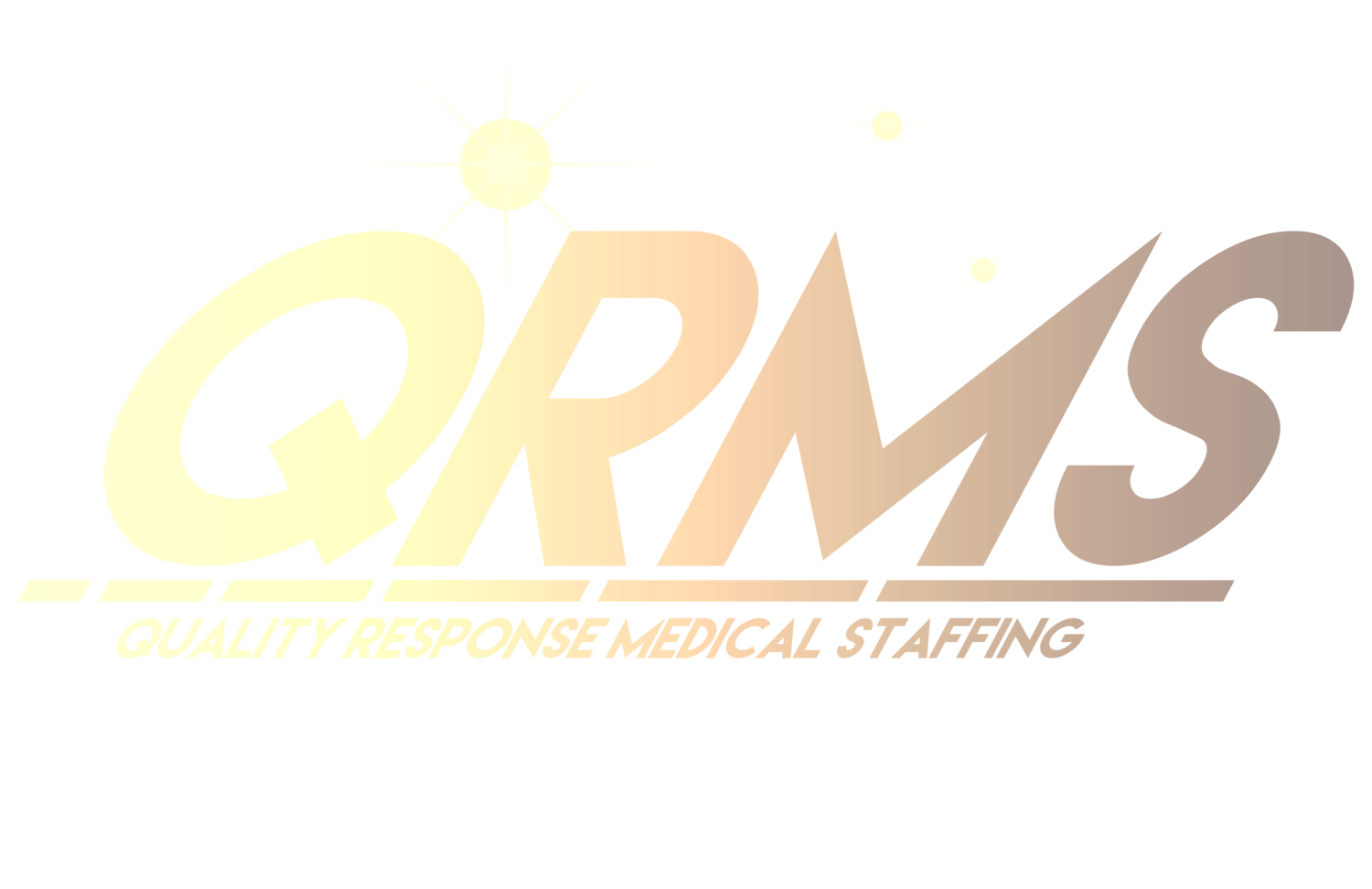Meditation for Nurses: The Importance of Clear Minds and Open Hearts
Nurses are some of the most important people in the world. They help care for people when they are at their most vulnerable, and they often work long hours doing difficult and stressful work. It is important for nurses to have clear minds and open hearts so that they can provide the best possible care for their patients. Meditation can help nurses achieve this.
1. The Importance of Clear Minds in Nursing
Nurses play an important role in the health care system by providing care to patients. To provide quality care, nurses must have clear minds. This chapter will discuss the importance of clear minds in nursing and how to maintain clear minds while providing care.
2. The Importance of Open Hearts in Nursing
In nursing, having an open heart is essential. It allows nurses to connect with their patients and form meaningful relationships. This connection can help patients feel supported and cared for, which can be crucial in their healing process. Nurses who have open hearts are also more likely to be open to learning, which can help them provide the best possible care for their patients.
3. The Connection Between Mind and Heart in Nursing
There is a strong connection between mind and heart in nursing. Nurses need to have a strong mind in order to deal with the stresses of the job, and they also need to have a compassionate heart in order to care for their patients. In order to provide the best possible care for their patients, nurses need to be able to connect with them on both a mental and emotional level.
4. The Benefits of Meditation for Nurses
Meditation has been shown to have many benefits for nurses. It can help them to manage stress and anxiety, improve their focus and concentration, and increase their patience and resilience. In addition, meditation can help nurses to connect with their patients and to develop a deeper understanding of their needs.
5. How to Practice Meditation for Nurses
There are many different ways to practice meditation, and it can be tailored to fit any lifestyle. For nurses, finding the time and the right practice for them can be a challenge. Here are five tips for how to practice meditation for nurses.
1. Find a comfortable place to sit or recline. This can be in your home, in nature, or in a quiet place at work.
2. Close your eyes and focus on your breath. Inhale and exhale slowly and deeply, feeling the air as it moves in and out of your body.
3. When your mind wanders, simply acknowledge the thought and then refocus on your breath.
4. Practice for 10-15 minutes at a time, and work up to longer periods of time as you become more comfortable.
5. Use a guided meditation or audio recording if you find it difficult to focus on your breath.
6. Takeaway
In conclusion, the evidence presented strongly suggests that there is a significant relationship between religiosity and happiness. The findings suggest that people who are more religious are happier than those who are less religious, and that this relationship is mediated by religiousness’s positive effects on life satisfaction and purpose in life. With that said, we hope you have enjoyed this article and be sure to stay tuned for the next one :)

